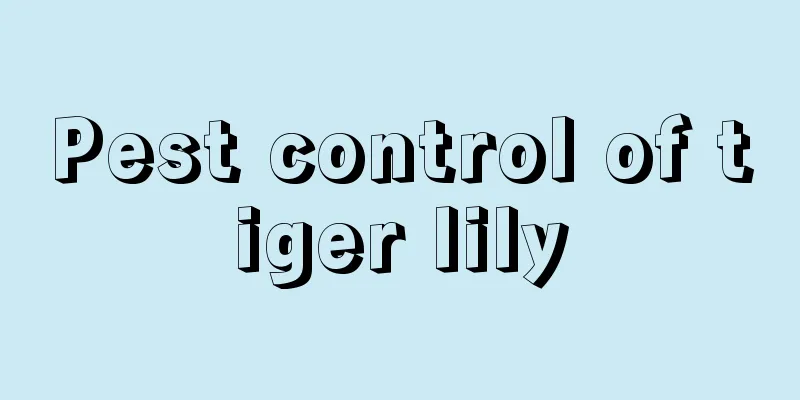How to grow Venus flytrap and what to pay attention to

Lighting requirementsAdequate light can make the Venus flytrap grow stronger. It needs at least 4 hours of direct sunlight per day. If the light exposure time is insufficient, at best the inner clip will grow small and the petiole will be thin and elongated, and at worst the plant may die. If there is a lack of sunlight in winter, you can use a fill light. Water requirementsTry to use soft water such as purified water, rain water, etc. Use the basin immersion method (also known as the " waist water " method ) to create a small environment similar to the native habitat. Humidity requirementsThe humidity needs to be high, because the native environment of the Venus flytrap is a swampy grassland, so if you grow it at home, you also need to create a similar environment for it. Venus flytrap planting 01 450*300 The specific method is to use a large water tray to make waist water, which will increase the humidity around the plants, or you can add a layer of sphagnum moss on the topsoil, which is also a way to help maintain air humidity. Soil requirementsThe Venus flytrap prefers an acidic environment. Therefore, it is best to keep the substrate acidic at pH 3.5-5 . Peat and perlite (2 : 1 ) without added fertilizer or pure sphagnum moss are good substrate choices. It is best to replace the substrate once every spring. Temperature requirementsThe growth temperature is 15℃ ~ 35℃ , the most suitable temperature is: 21 ~ 35℃ . If you want it to hibernate, you can control the temperature at around 5℃ ( 0 ~ 8℃ ). FeedingThe energy for the Venus flytrap's growth comes from organic matter produced by photosynthesis during the day and a very small amount of inorganic salts. And eating insects is like fertilizing. You can make them grow faster, but don't do it too much or too often. However, foods that humans like, such as chicken and beef, are difficult for them to digest. FertilizationApplying fertilizer directly to the substrate can result in the death of the plant, as the roots of carnivorous plants are extremely intolerant of salt. Therefore, if you want to fertilize, you should use low-concentration liquid fertilizer and spray it on the leaves. |
<<: Illustration of the insect catching process of Venus flytrap
>>: Introduction to the famous variants of Venus flytrap
Recommend
Plants suitable for the bedroom, flowers suitable for the bedroom
1. Christmas cactus This is a very easy-to-grow f...
When is the best time to plant white peony?
Peony is one of the top ten famous flowers in Chi...
Best breeding season for succulents
Autumn is the season for breeding and purchasing ...
How to propagate Pansy and how to take cuttings
1. How to breed 1. Time selection: Pansy is mainl...
Where is wheat suitable for growing and in what kind of soil
Wheat growing area Wheat is grown in a wide range...
The names of these 8 kinds of flowers are so beautiful. If you grow one in a pot on your balcony, your neighbors will be jealous!
Gentle Coral Heart The roses in the Coral Heart s...
Is the “flower water” that is circulated on the Internet really that good? Open your eyes and don't be fooled
Are those waters that are said to be very good fo...
When is the best time to plant white radish?
White radish is an indispensable vegetable in win...
Will money grass bloom?
1. Will it bloom? Money plant will bloom, and its...
How to Propagate Chayote
1. Whole melon propagation This method requires y...
Suitable soil for succulents
Fertile garden soil It refers to the fertile soil...
What plants are best for purifying the air?
1. Pothos Green ivy has a strong absorption capac...
Breeding methods and precautions of swell coral
Breeding methods and precautions The puff coral p...
How to grow Impatiens
1. Cultivation time The best time to cultivate Im...
If you don't choose the right flowers at the flower market, no matter how many tricks you learn, the flowers will still die.
Succulent 1. It is best to choose plants with fib...









